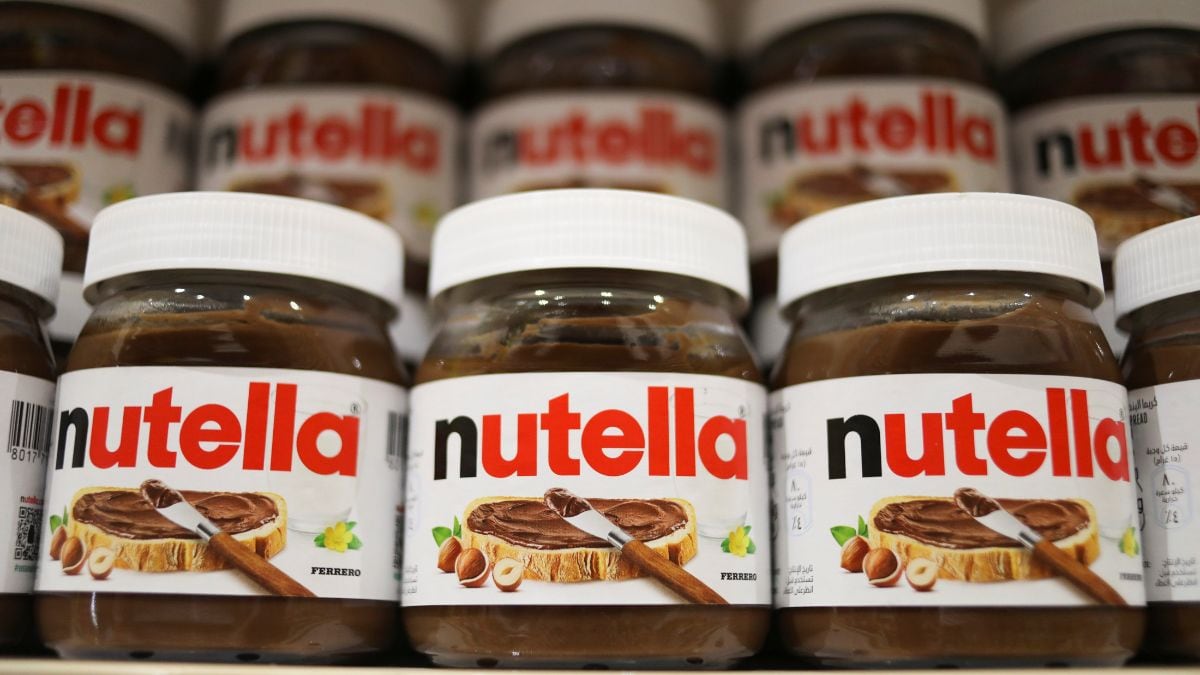

Nutella lovers may soon find their favorite chocolate hazelnut spread costing more, due to a combination of factors impacting the hazelnut market. These factors include adverse weather conditions in Turkey, which is the world's leading hazelnut producer, and increasing global demand for hazelnuts.
Turkey accounts for approximately 65% of the world's hazelnut production. A recent cold snap in April, with temperatures dropping as low as -3.9°C in the Ordu region, damaged hazelnut crops across the country. This was described as "one of the largest agricultural frost events in our history since the major agricultural frost event in 2014”. Wholesale hazelnut prices have already increased by around 30% since early April, and are expected to continue to rise. Levant-quality Turkish hazelnut benchmark prices have surged to $1,100/100kg.
The Turkish Statistical Institute's (TÜİK) latest crop estimate for 2025/26 is 520,000 tons, while the Black Sea Exporters' Association (KiB) forecasts 609,400 tons. This difference highlights uncertainties in supply estimates. Some investors are anticipating further price increases, with one Finnish asset manager predicting that wholesale prices for hazelnuts could rise fivefold over the next year.
Ferrero, the Italian maker of Nutella, purchases approximately a quarter of Turkey's hazelnut output. While Ferrero has stated that it does not anticipate a supply disruption due to other hazelnut sources in Italy, Chile, and the United States, the hazelnut supply squeeze could still affect Nutella prices.
The hazelnut market is experiencing heightened volatility, shaped by the weather-driven shocks and diverging yield estimates. Participants in the hazelnut supply chain, from processors to industrial food buyers, face challenging decisions. They must balance coverage strategies with the risk of further tightening in global supply.
The global hazelnut market is estimated to be worth $20.9 billion in 2025. It is anticipated to reach $49.8 billion by 2035, with a compound annual growth rate of 9%. The industry is experiencing constant growth due to increased consumer demand for nutritious, versatile, and premium quality nuts. Hazelnuts are increasingly being used in the confectionery, bakery, dairy, and snack sectors, as well as in health foods like plant-based milk alternatives and flavored beverages. The growing popularity of plant-based diets is expected to propel the growth of the hazelnut market. Hazelnuts are rich in antioxidants, healthy fats, and vital nutrients.
In addition to hazelnuts, other key ingredients in Nutella, such as sugar and cocoa, have also seen significant global price hikes. Proposed levies on imported chocolate, as part of broader trade tensions, threaten to add extra costs. Extreme weather patterns have battered global cocoa production, tightening supply chains and sending chocolate prices skyward.